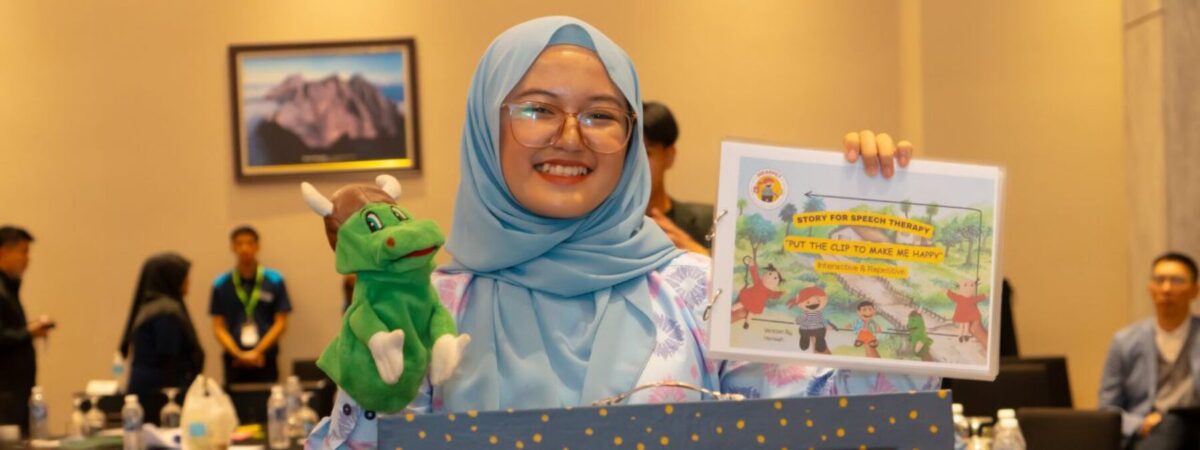
The YouthMADE Festival is a global celebration of youth creativity and innovation that invites students, educators, and advocates to showcase youth-led work. Leading up to the 2025 YouthMADE Festival, we are sharing a series of stories highlighting youth creators and changemakers around the world who are putting their hands, hearts, and minds toward projects and causes they care about.
This story is by college student Hanisah who attends Keningau Vocational College in Keningau, Malaysia. In this story, Hanisah shares how her social enterprise Mearpet impacts her community.
When I moved to Keningau College to study early childhood education, I decided to start another upcycling project called Mearpet, which focuses on sewing fabric waste into hand puppets. The project has impacted more than 50 teachers and students from the interior region of Sabah who have taken part in our puppet sewing workshop. We’ve hosted a public puppet show in Kota Kinabalu with nearly 50 children and other puppetry activities at a primary school with 120 students. We also have recorded videos of these puppet shows that have garnered thousands of views nationwide.
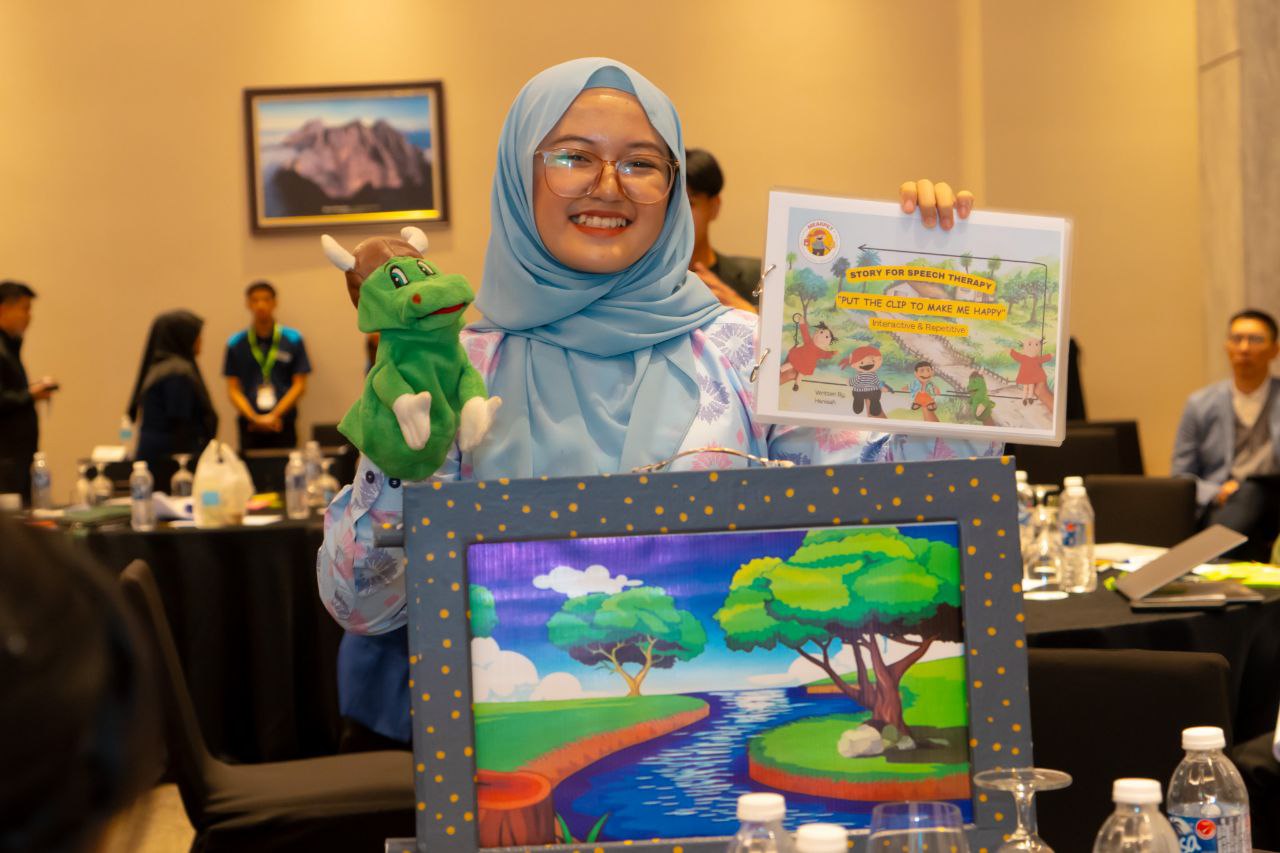
We have educated children on environmental conservation through our famous folktales, Tambuakar (river dragon) and Mekau Serin (werecrocodile and a healer). The stories of Tambuakar and Mekau Serin are particularly significant as they convey messages of environmental conservation that have been passed down through generations.
Tambuakar tells of a giant serpent that guards the forests and rivers. The serpent is both a protector and a reminder of the consequences of disrupting the balance of nature. The tale serves as a cautionary reminder to the communities to take only what they need from the environment and to avoid actions that could bring harm to the ecosystem.
Mekau Serin is about a wise elder who communicates with the spirits of the forest. The elder teaches the younger generation about the importance of preserving the natural world and respecting all living beings. The tale emphasizes the idea that humans are merely stewards of the earth, and it is their responsibility to ensure its preservation for future generations.
These stories hold deep meaning for the Indigenous populations in Sabah. They are not just tales but are considered vital components of cultural heritage. They teach values such as respect, responsibility, and the interconnectedness of all life. For the Indigenous people, these stories are a way to maintain their identity and pass on essential knowledge that has sustained their communities for centuries.
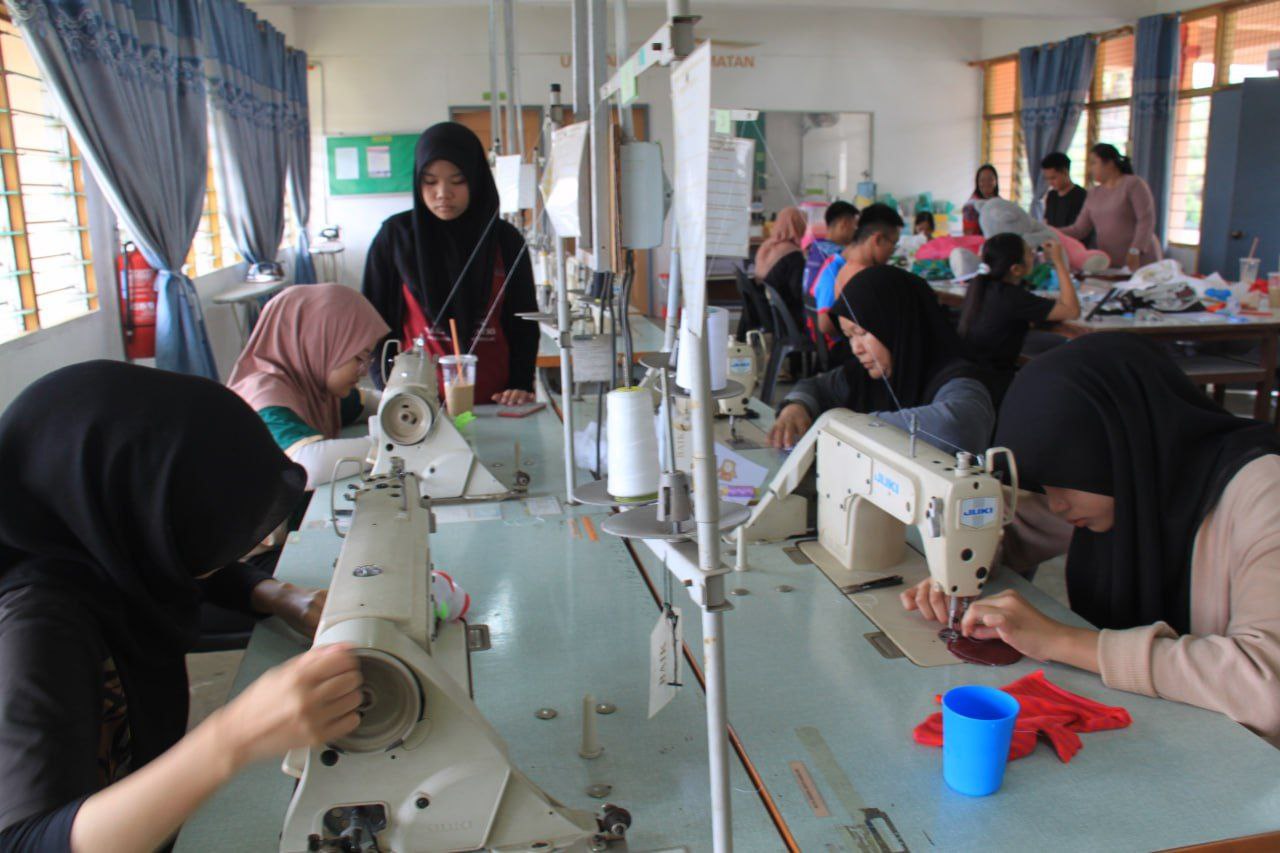
In the attempt to empower our peers, this project enlisted their help to be trainers in our puppet sewing workshop. These learners mostly study dressmaking and they are very proficient in using sewing machines. We were very happy that they were delighted to participate in this project, which enabled people to understand them better — and by extension, improve the engagement between them with the community — and helped to strengthen their self-esteem, self-efficacy, and career prospects.
The project has also enlisted the assistance of the dressmaking program at the college, which is specifically dedicated for deaf students and students with learning disabilities to conduct workshops for other students, as well as teachers, to sew pre-loved clothes and stuffed toys into hand puppets. Some of the hand puppets are sold as novelty items which can be used as home decoration, bag accessories, and souvenirs. Mearpet has impacted more than 50 teachers and students from the interior region of Sabah who have taken part in our puppet sewing workshop.
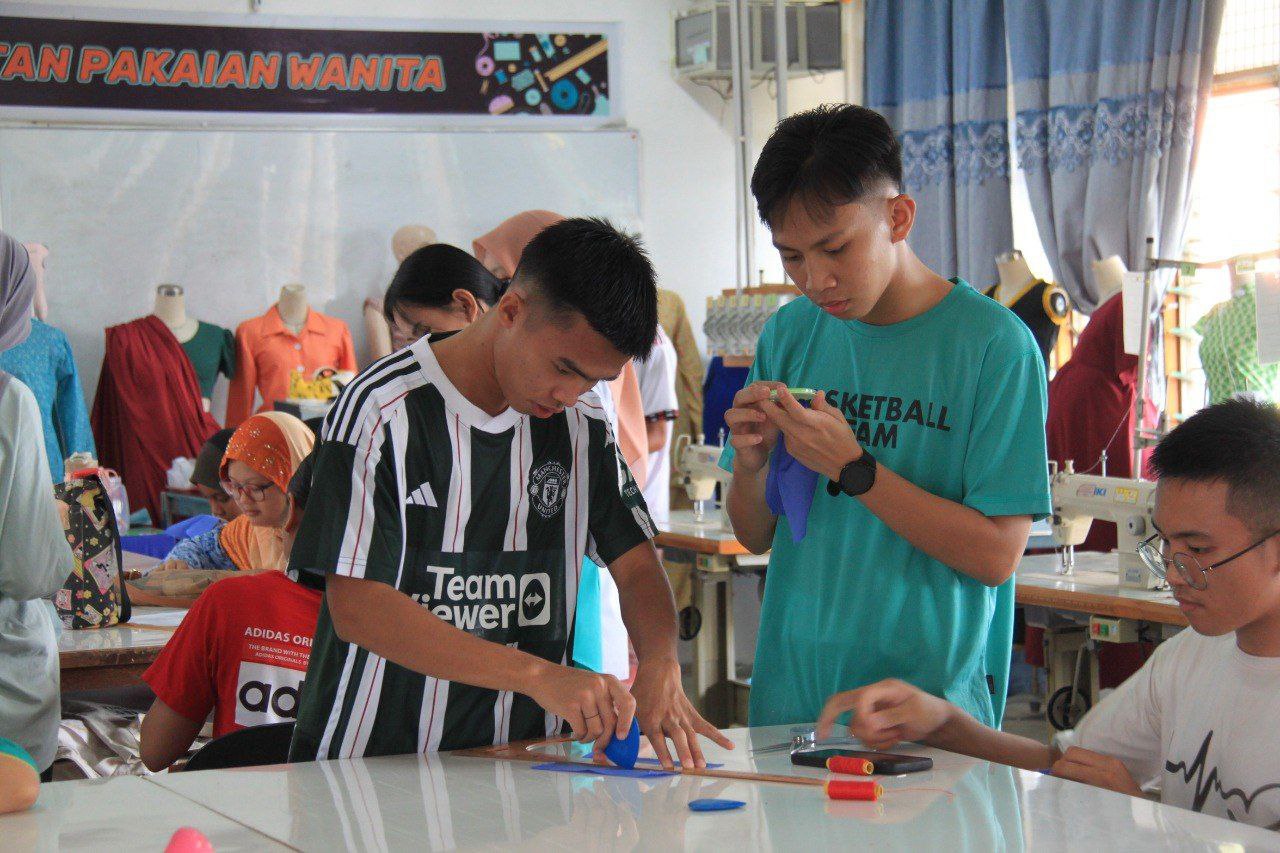
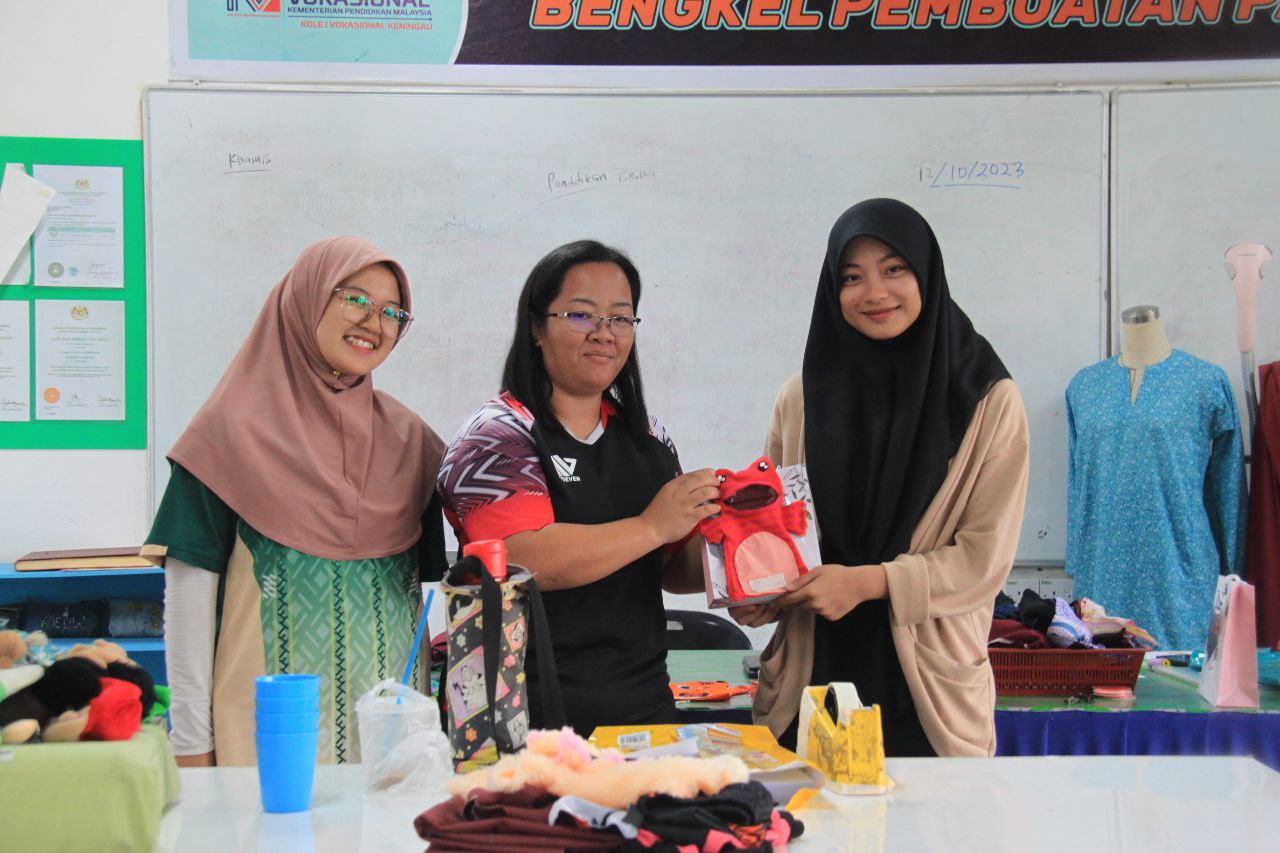
The Mearpet project has also played a significant role in helping deaf and disabled students connect with their own or their peers’ Indigenous cultures. Through storytelling, interactive sessions, and creative activities, these students have been able to engage with the traditions and values of different Indigenous groups. It has fostered a sense of pride in their heritage and a deeper appreciation for the diversity that exists within Sabah.
Our puppetry project has also successfully become a medium for our peers to express themselves in a creative way where they feel safe, comfortable and supported. I am happy that this project can potentially meet their need by becoming an alternative for them to interact with others and to nurture their talents in the performing arts.